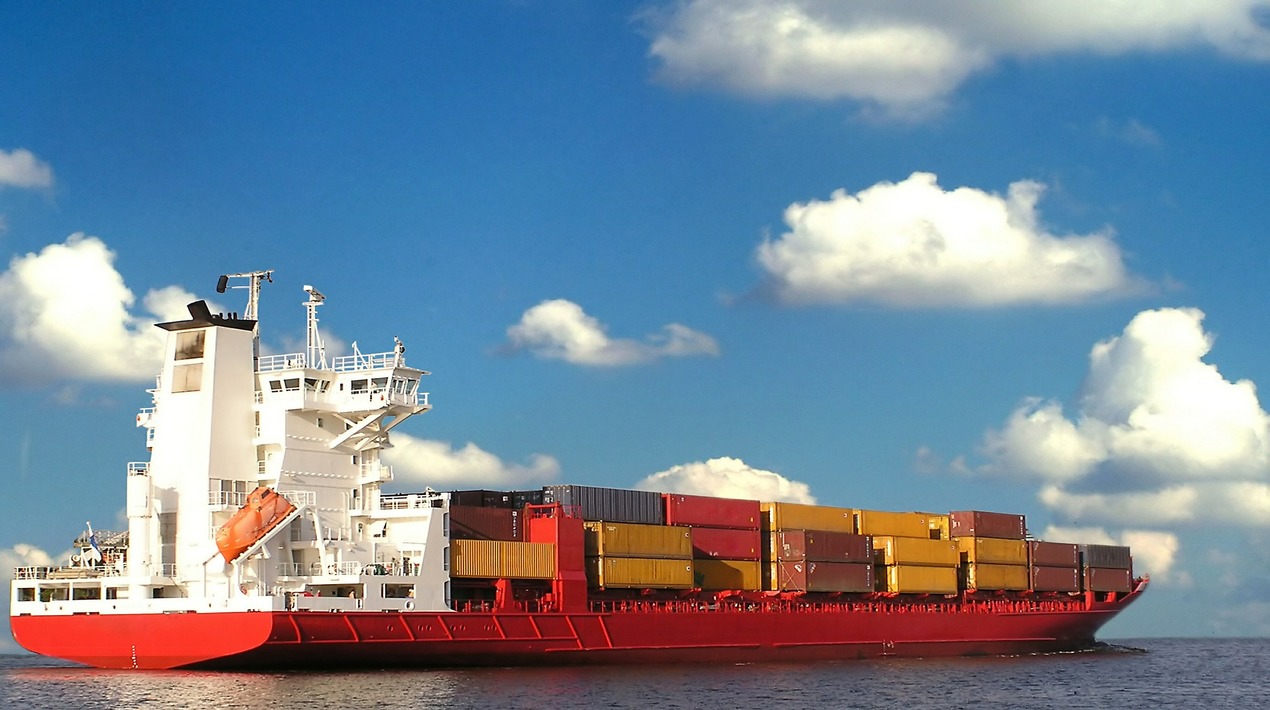
Digitalisation and new developments in artificial intelligence, blockchain, IoT and automation are becoming increasingly important for maritime transportation. They support the streamlining of existing processes, the development of new business opportunities, and the transformation of supply chains and trade geography. Despite the potential, opportunities, and benefits offered by these technologies, they also hold risks and potential costs for developing-country maritime actors.
Thus, it is necessary to create a level playing field. This policy brief discusses the role of interoperability and global standards in driving technological innovation while avoiding monopolistic outcomes, as well as the need to ensure that digitalisation contributes to the Sustainable Development Goals.
Singapore’s first live bunker delivery financing pilot transaction was completed by the Development Bank of Singapore Ltd (DBS) via an electronic bunker delivery note (BDN) with a maritime company and a container transportation and shipping company. The Maritime and Port Authority of Singapore (MPA) supported the transaction, which was in collaboration with the maritime company – the marine fuel supply and procurement of a joint venture. The container transportation and shipping company provided the underlying technology to digitalise the BDN in this pilot, as per the bank.
Maritime transport transports more than 90% of global merchandise trade, totalling approximately 11 billion tonnes of cargo per year. The digitalisation of the sector would have far-reaching economic consequences and would contribute to a stronger, more sustainable recovery.
A report on the maritime supply chain describes how the collaborative use of digital technology can help streamline all aspects of maritime transport, from cross-border processes and documentation to communications between ship and shore, with a particular focus on ports. The COVID-19 crisis demonstrated a key benefit of digitising waterborne and landside operations: meeting urgent needs to minimise human interaction and improve supply chain resilience in the face of future crises.
DBS said the digital BDN was part of efforts to “up the ante on the digitalisation of Singapore’s bunkering sector”, and it follows a joint agreement between DBS and the MPA in 2020 to accelerate the digitalisation and innovation of financial services and payments across Singapore’s maritime industry.
Adopting digital documentation will assist stakeholders across the value chain in moving toward more efficient and transparent operations aided by data-driven decision making, according to MPA’s assistant chief executive (industry). The digitalised process will allow clients to obtain financing for their underlying trade in less than two hours, compared to previous practises that took a few days to a week because clients had to manually deliver the physical BDN back to shore for compilation with other paper documents before submitting a trade finance application, according to the bank.
It also stated that the digital BDN reduces fraud risks because it can determine trade data at the source using the mass flow metre (MFM) system. Physical BDNs could previously be manipulated to request financing for underlying deliveries that had already been financed by another bank.
The global head of the bunkering company noted that the MFM system increases transparency for customers in terms of the amount of fuel received and can also be adapted to provide real-time information as digital BDNs.
Group head of trade product management at DBS added, “the digitalisation of bunker delivery notes is one of many pivotal steps necessary to transition Singapore’s bunkering sector into the digital era and to ensure our port and shipping industry is future-ready.” DBS said it also has plans to integrate the digital BDN to be used on the Singapore Trade Data Exchange (SGTraDex), once the data exchange system is operational in 2022.
In the maritime industry, the transition to digitalisation and automation is accelerating. Digital technologies and solutions are being used to improve operational efficiency and increase competitiveness. They are also being implemented to accelerate the industry’s decarbonisation to achieve zero emissions from international shipping by mid-century.
















